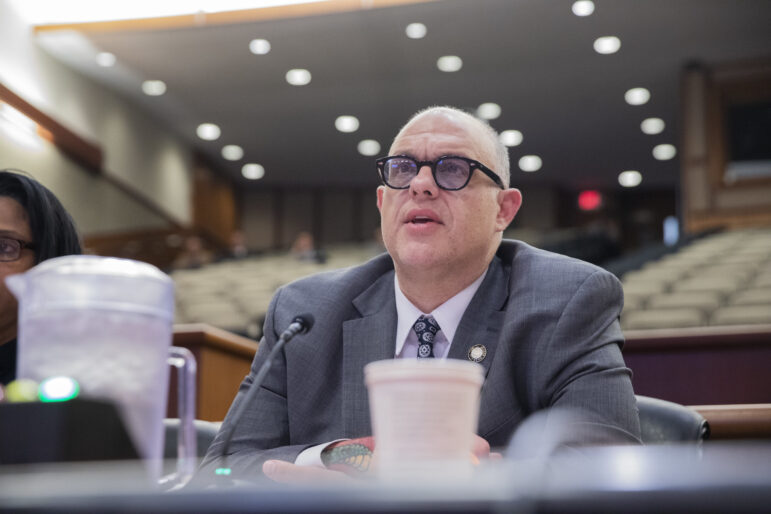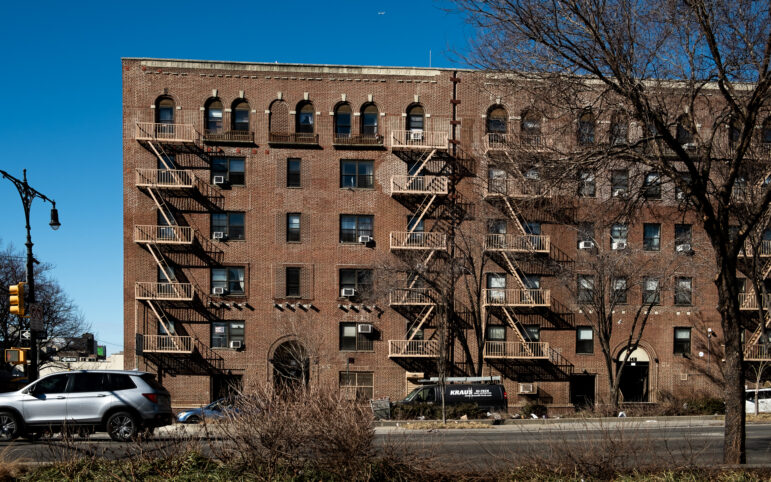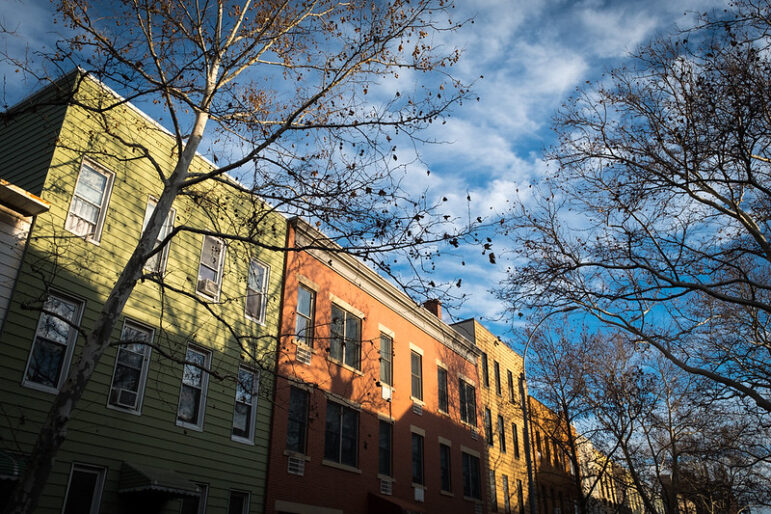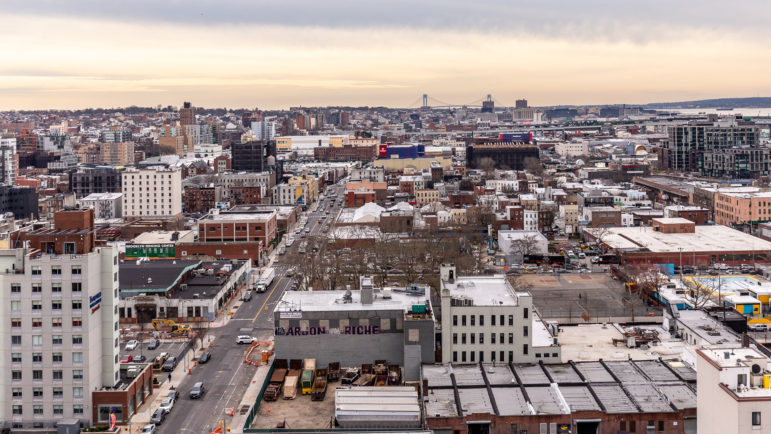
Photo by: Marc Fader
On Tuesday New Yorkers will vote on a ballot initiative to raise the retirement age of the state’s Supreme Court and Court of Appeals judges from 70 to 80. But there will be nothing about doing the same for Family Court and other lower court judges.
The exclusion of Family Court from the ballot question was unsurprising to those of us who work here, as the court is often neglected by the political class. This has certainly been true in the mayoral campaign, where the issues we deal with have been largely ignored.
Family Court hears child abuse, domestic violence, custody and juvenile delinquency cases. I work primarily on juvenile delinquency matters, which mostly involve teenagers who live in the city’s poorest neighborhoods and come from remarkably difficult circumstances.
Many of the juveniles we see have passed through the city’s foster care system, are barely literate or have serious mental health and substance abuse issues. We try to help rehabilitate these youth, but a few years ago it was revealed that the facilities we sent them to were abusive settings, where court orders for services were routinely ignored.
The abusive facilities have been closed and a year ago the city implemented an ambitious program, called Close To Home, which provides services to juveniles in residences near their neighborhoods. Given the importance of rehabilitating these teens before they have the chance to graduate to the adult criminal system, you might think that our mayoral candidates would be eager to share their views about Close To Home and that voters would demand to know what they think.
Yet, after numerous debates and an influx of policy papers, the candidates have yet to weigh in.
With crime at record low numbers the plight of delinquent teens is off the public’s radar. Nonetheless, the youth currently in the city’s juvenile justice system will be with us for decades to come. The same is true of our foster care children and households gripped by domestic violence. But Family Court is a so-called poor person’s court, so our issues get scant attention in a city fascinated by Wall Street and real estate booms.
The electorate can avert its eyes from the problems we see in Family Court, but our most vulnerable families will still be part of the city–even if they are absent from ballot questions and political campaigns.








